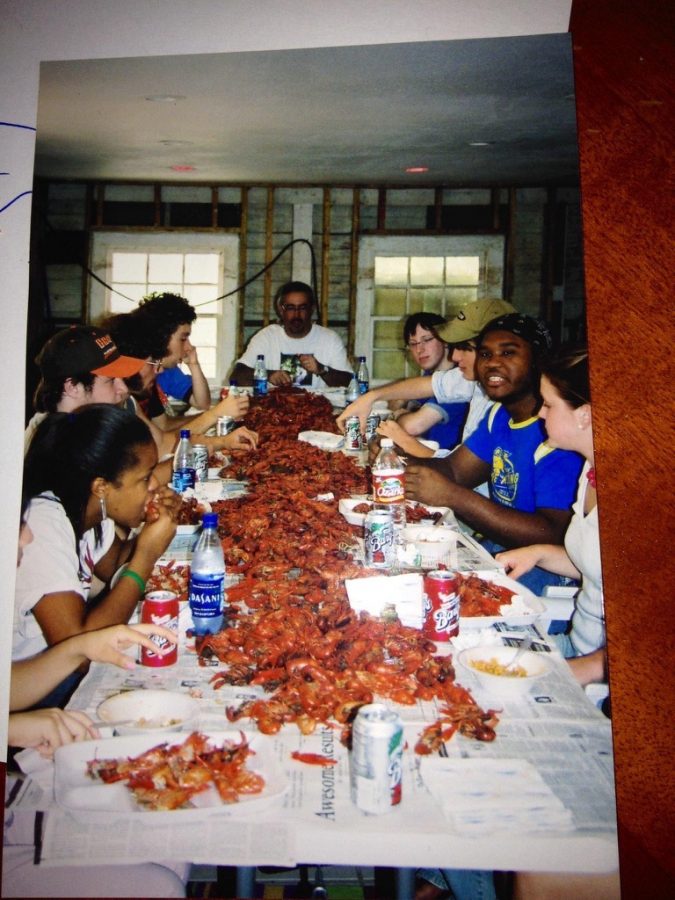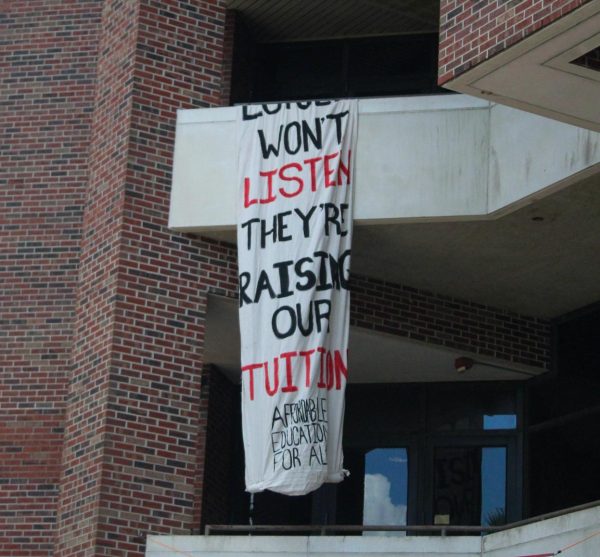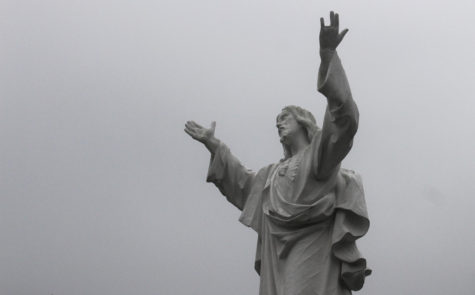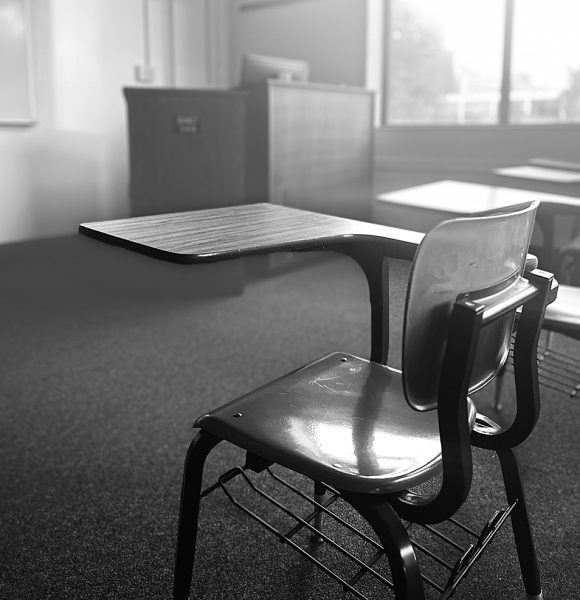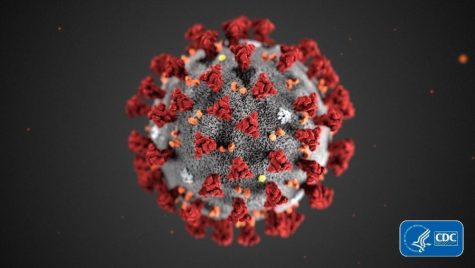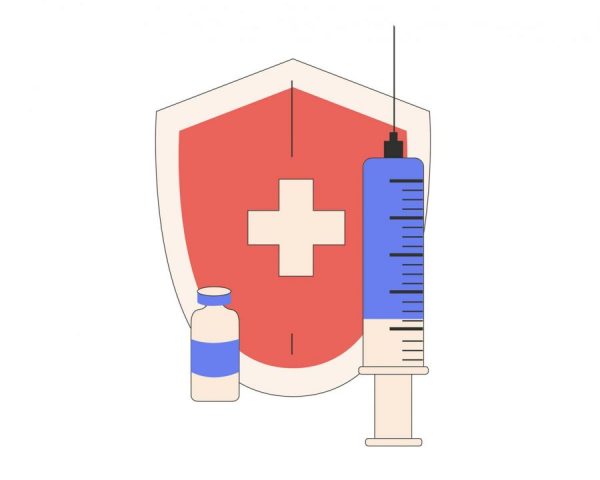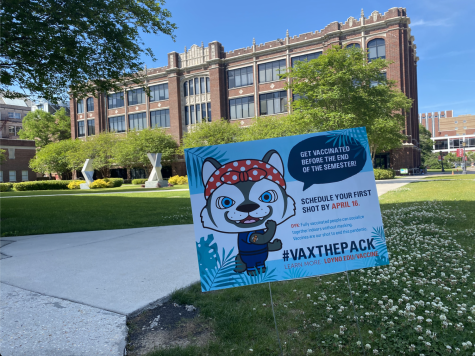Loyola seniors, professor reflect on Katrina’s anniversary amid Ida, pandemic
Loyola students gather at a crawfish boil after Hurricane Katrina in 2005 in History chair Mark Fernandez’s gutted basement in New Orleans. Fernandez encouraged students to remain hopeful as they manage the aftermath of Hurricane Ida.
Sociology senior Crystal Roa ended her sophomore year away from her friends and classmates as the COVID-19 pandemic hit New Orleans. More than a year later, a week into her senior year, she remains isolated from the Loyola community as Hurricane Ida forced many to evacuate and others to ride it out.
Roa is among hundreds of juniors and seniors who are experiencing the same anxiety as Hurricane Ida made landfall in Louisiana on the 16th anniversary of Hurricane Katrina Sunday. Ida’s damage appears to be less severe than that of Katrina, which closed Loyola for a semester, but students are still worried about the way it will disrupt their routines.
“Having that separation can leave a lot of emptiness,” Roa said.
Already, Loyola has announced its closure through Sept. 12 with online instruction beginning Monday Sept. 13. Loyola has plans to fully reopen Sept. 20, but even with a quicker turnaround than Katrina, students will have lost out on nearly a month of the first full capacity in-person semester since the COVID-19 pandemic.
Roa, a native New-Orleanian, who was five at the time of Hurricane Katrina, said any storm that hits the city scares her family due to how displaced they were after Katrina. Roa said she remembers finding shelter in a hotel room in Lafayette with strangers where she had to sleep tightly packed in between her parents.
Her family decided to stay for Ida despite hesitation, fearful that traveling during the pandemic and putting themselves at risk for COVID-19 would cause more harm than any good evacuation could provide.
“It creates this energy that you don’t want to be in,” Roa said. “Can this just be over?”
Criminal justice senior Joseph Poublanc said Katrina has affected how his family plans for storms. Poublanc said he knows how fast things can turn south, and he doesn’t want to take any chances.
“A simple quote we go by is ‘pray for the best, prepare for the worst,’” Poublanc said.
History chair Mark Fernandez taught at Loyola when Hurricane Katrina hit. He called the storm “traumatic” but said New Orleans and the university are in a different place since Katrina. He encouraged students to remain hopeful and trust in the university.
Fernandez said that Loyola organized an online learning task force after Katrina called Pathways that he was a part of, which he argued made Loyola prepared in the face of the COVID-19 pandemic.
“I feel really good about the future of Loyola, whereas, in 2005, I wasn’t even sure I was going to have a job the next year,” Fernandez said.
The increased access to social media has also been calming to Fernandez, who said he couldn’t get in touch with anyone during Katrina. He said he’s happy to be able to check in with the Loyola community to ensure they’re safe after Ida. He said he’s confident faculty will pull together as they did during the pandemic.
“That is my home. These are my people,” Fernandez said.
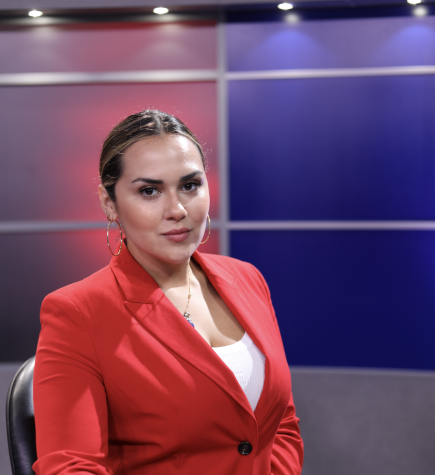
Gabby Killett has been an award-winning journalist for The Maroon since her freshman year in 2019 before helping it win the top award in college media,...


